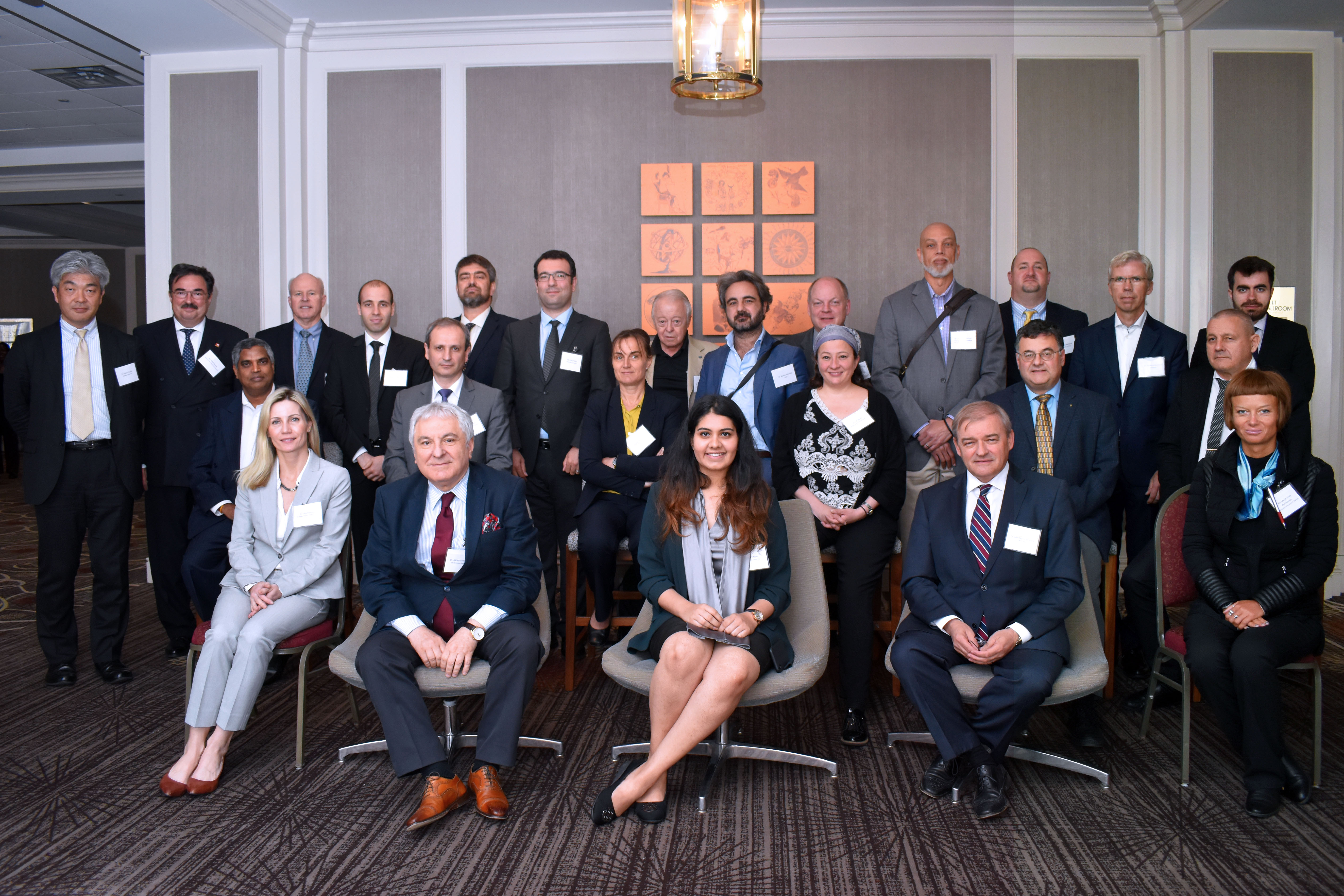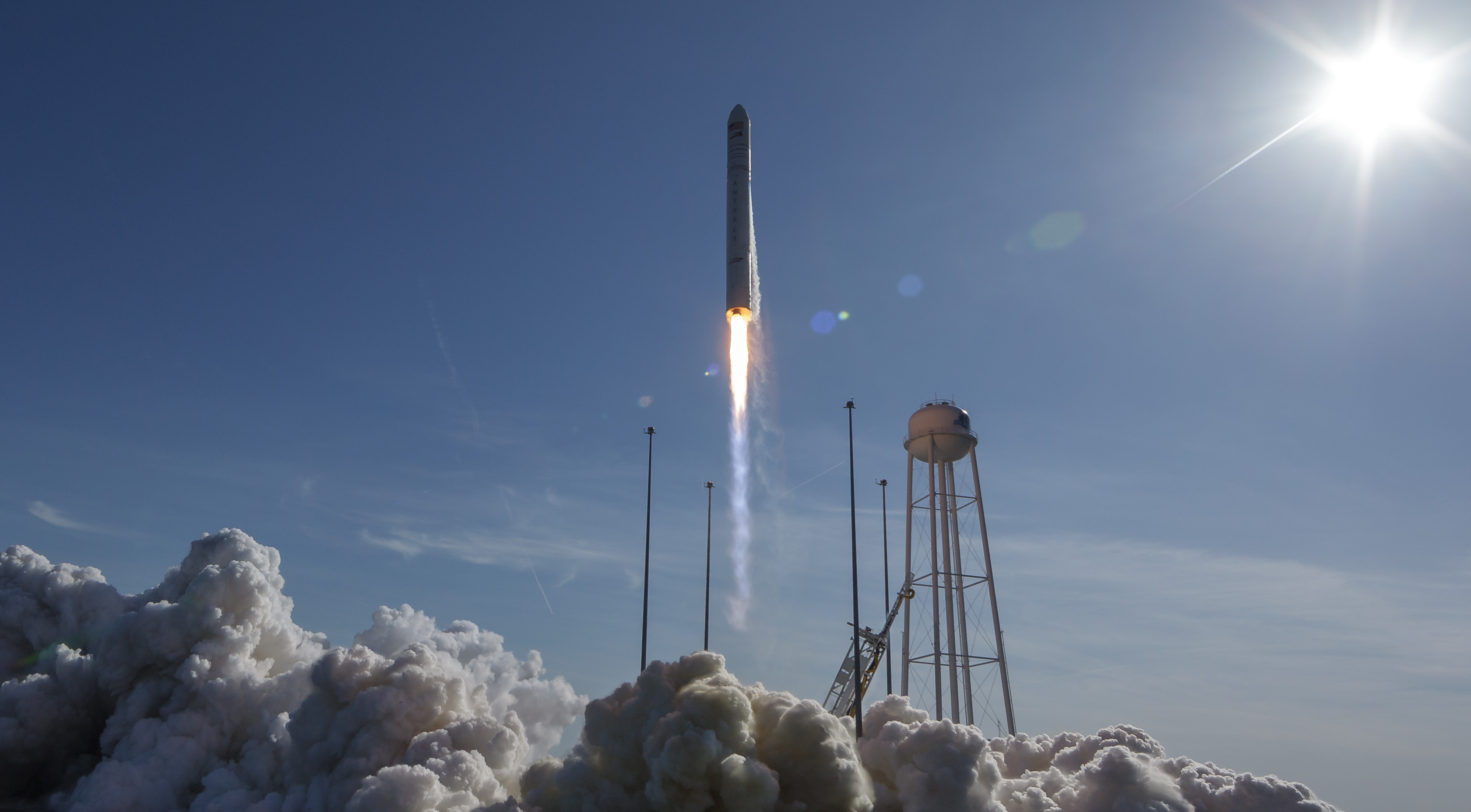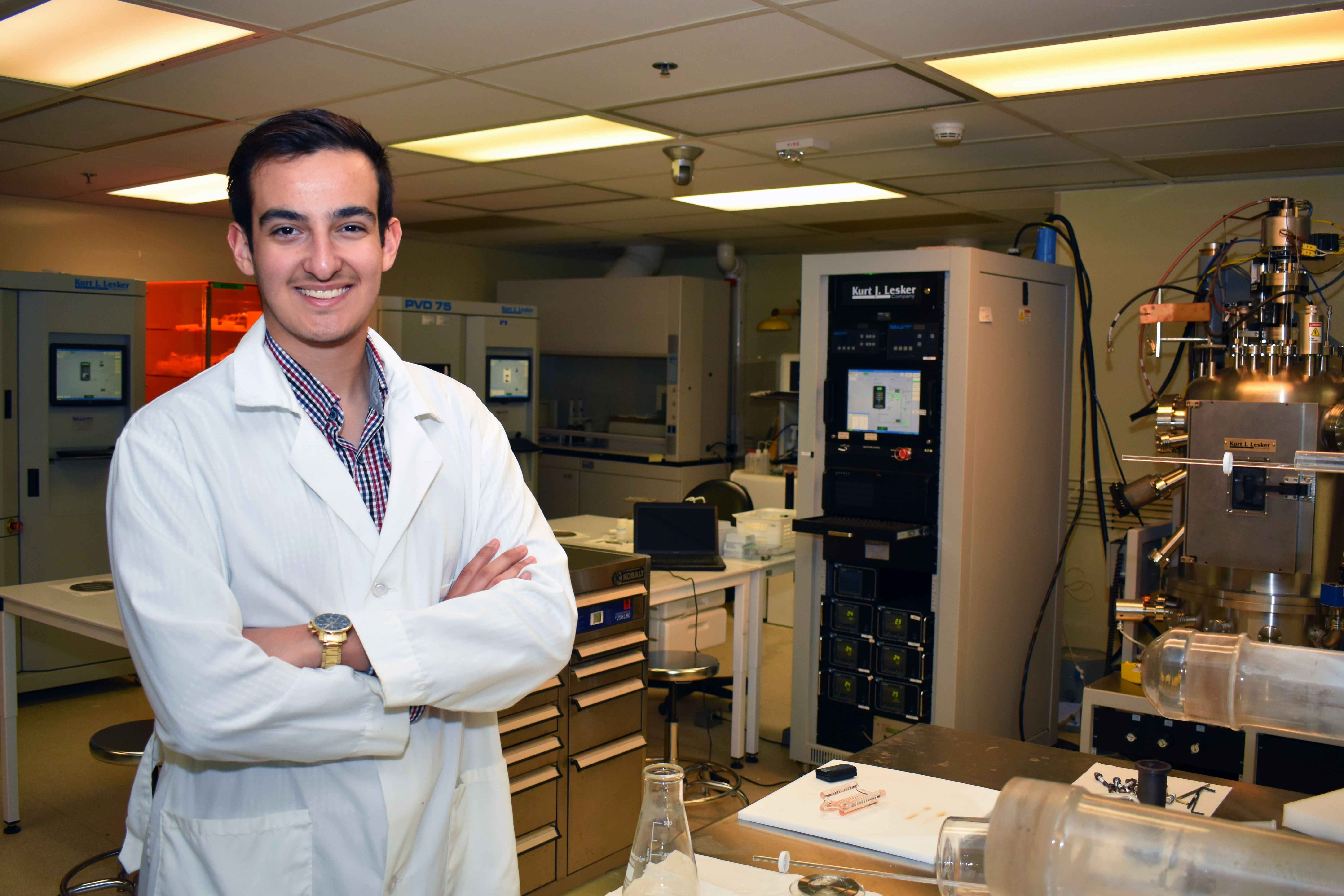NATO Workshop Hosted by ODU Examines Critical Infrastructures and Emerging Security Challenges Related to Space

Funded by NATO Science for Peace and Security Program, representatives from both NATO and NATO partner countries gathered at the Norfolk Waterside Marriott for a two-day discussion about space critical infrastructures and emerging security challenges related to space.
By Keith Pierce
As nations confront threats ranging from jammers, spoofing tools and lasers to intercept and disrupt space infrastructure, international researchers predict risk, such as terrorism, spilling from Earth to space.
To address this, Old Dominion University hosted more than two dozen academic, military and space industry leaders and researchers for a NATO Advanced Research Workshop titled, "Critical Space Infrastructure: From Risk to Resilience." ODU competed with dozens of universities from around the world for the grant written by Adrian Gheorghe, professor of engineering management and systems engineering in the Batten College of Engineering and Technology.
"As the world gets increasingly more digitalized and dependent on space technologies, efforts in the research community are concentrating on the impact and effects of failed outer space technologies, as well as their connection to Earth-based systems and services, both military and civilian," Gheorghe said.
Funded by NATO Science for Peace and Security Program, representatives from Belgium, Canada, Czech Republic, France, Germany, Italy, Japan, Moldova, Netherlands, Portugal, Romania, Sweden, Switzerland and the United Kingdom, as well as other U.S. universities, gathered at the Norfolk Waterside Marriott for a two-day discussion about critical infrastructures and emerging security challenges related to space.
Gheorghe explained that these nations see protecting space-based assets and systems as crucial to ensuring security on Earth ("security from space"). At the same time, the assets must be protected within the difficult environment of outer space ("security of space").
"Some capabilities, such as jammers, are readily available on the commercial market and have been used by countries such as China, Russia, Iran and Sri Lanka to disrupt commercial satellite broadcasts. The same countries are actively developing cyber attack capabilities and energy systems that can be directed toward space," he said.
The academic researchers, as well as space industry leaders representing NASA, the German Aerospace Center, European Space Agency, Prague Security Studies Institute, EURISC Foundation and International Academy of Astronautics, saw the workshop as a great opportunity for important discussions about critical space infrastructures and how countries can work together. From presentations to group discussions, researchers addressed ways to stay ahead of emerging technologies such as nanotechnology, optical technology, microsatellites, metallurgy and the development of UAV platforms as they relate to cyber defense and space security.
As required by the grant, a book on the topic, co-authored by ODU researchers, will come out of the workshop.




